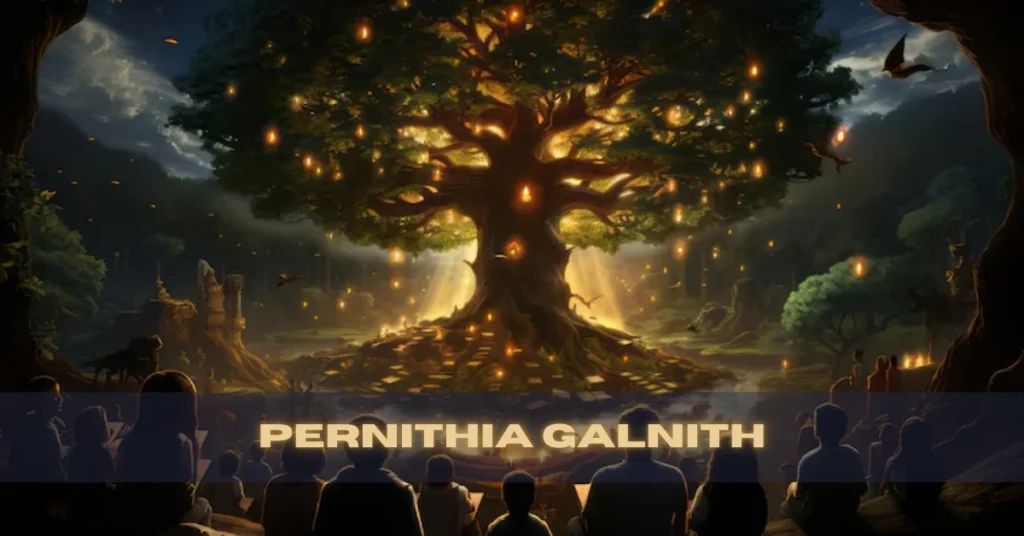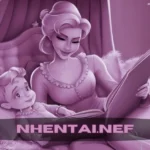Introduction
So, you’ve stumbled upon the term Pernithia Galnith, and you’re wondering—what on Earth does that even mean? You’re not alone. This phrase has popped up in random places online, whispered in niche forums and odd fantasy corners of the internet. It sounds mystical, maybe even ancient—but is it?
Let’s dig into the enigmatic world of Pernithia Galnith, and trace its bizarre, intriguing, and possibly invented journey.
The Origins of Pernithia Galnith
Etymology and Linguistic Roots
The words “Pernithia” and “Galnith” feel like something straight out of a high fantasy novel. They’re not in any traditional dictionary, and linguistic experts haven’t pinned down a clear root—yet. “Pernithia” loosely echoes ancient Latin or Elvish-sounding names, while “Galnith” gives off a Nordic or sci-fi vibe.
Together? It’s poetic. Otherworldly. Possibly made-up—but in a very intentional way.
First Recorded Usage
So far, the earliest mentions trace back to obscure message boards from the early 2000s. Some claim it was used in an unfinished RPG lore document. Others say it was part of an elaborate role-playing campaign set in a mythical realm where Pernithia was a sacred land and Galnith was an ancient entity.
Whether fact or fiction, it planted seeds of curiosity.
Cultural or Fictional References
While not yet found in any major literary canon, some indie authors and online storytellers have subtly included “Pernithia Galnith” in their works—treating it like an inside joke or hidden lore drop. It’s the kind of thing where the line between real culture and fan-fiction starts to blur.
Pernithia Galnith in Historical Context
Possible Mythological Connections
There’s no direct evidence tying this phrase to ancient mythology—but the structure and rhythm feel mythological. That alone is enough for folklore lovers to try to connect it with forgotten pantheons or legends from lost civilizations.
Could “Pernithia” be a goddess of wind or dreams? Could “Galnith” be a titan lost to time? Who knows—but the mystery keeps people guessing.
Use in Folklore or Ancient Texts
Interestingly, certain AI-generated text archives and misinterpreted OCR scans have turned up oddly similar phrases. Coincidence? Maybe. But believers argue that this proves Pernithia Galnith has been hiding in plain sight—buried in forgotten manuscripts or encrypted scrolls.
Scholarly Theories and Interpretations
A few academics have actually weighed in, mainly in speculative linguistic studies or internet culture papers. One theory posits that it’s a prime example of “constructive mythmaking”—a modern phenomenon where digital culture creates new legends on the fly.
Pernithia Galnith in Modern Discourse
Social Media Mentions and Speculations
Search the term on Twitter or Reddit and you’ll find a mix of confusion, fascination, and memes. Some people say it sounds like a spell from a dark grimoire. Others joke it’s the name of a metal band or obscure indie film.
It’s gone viral in small bursts—because it’s so weird, and so potentially meaningful.
Inclusion in Fantasy or Sci-Fi Universes
Although not officially part of any major fantasy world (yet), there are fan-made universes where Pernithia Galnith plays a huge role. Entire Reddit threads and Discord servers have been dedicated to building lore around it—everything from star maps to ancient wars.
Internet Mysteries and Rabbit Holes
This is where things get wild. Dive deep into certain online forums, and you’ll find elaborate ARGs (alternate reality games) that hinge on decoding the term. Some say Pernithia Galnith unlocks a hidden narrative, others claim it’s a cipher, a key to another layer of digital existence.
Is it real? Who knows. But it’s certainly entertaining.
Symbolism and Interpretations
Spiritual or Metaphysical Meaning
To some, the name evokes spiritual awakening. “Pernithia” feels airy, divine. “Galnith” sounds grounded, eternal. Together, they represent the balance of light and dark, air and stone—yin and yang, if you will.
Psychological Interpretations
Some psychonauts and symbolic thinkers believe “Pernithia Galnith” is a metaphor for the subconscious mind. A representation of the parts of ourselves we haven’t yet explored. Wild, huh?
Artistic and Literary Symbolism
You’ll find the phrase in digital art galleries or AI-generated poetry. It’s an artistic placeholder for the unknown—something vast, mysterious, and open to interpretation.
Pernithia Galnith as a Concept
Abstract Ideas Tied to the Term
It’s more than just a string of words—it’s a vibe. A concept. Maybe it doesn’t need to mean anything specific. It’s the freedom to imagine what it could mean.
Like the idea of Schrödinger’s Cat—it’s both real and unreal until you define it.
Influence on Subcultures and Communities
From Reddit lore crafters to AI prompt engineers, Pernithia Galnith has become a totem of digital imagination. It unites people across geek, fantasy, and mystery-loving subcultures.
How the Term Evolved Over Time
Initially obscure, the phrase is now morphing. You’ll see “Galnithian” used as an adjective. “Pernithic” to describe something ethereal. It’s becoming a mini-language of its own.
Relevance in Today’s World
Why People Are Still Talking About It
Because it feels important—even if we don’t know why. It’s the kind of phrase that begs to be explored. It captures our imagination in a world that sometimes feels a bit too ordinary.
Is It Just a Trend or Something Deeper?
It may have started as a trend, a joke, or a mystery—but it’s grown into a modern myth. Whether it’s real doesn’t even matter anymore. What matters is the journey it sparks in your mind.
Conclusion
Pernithia Galnith is a riddle wrapped in a mystery draped in poetry. Whether it’s ancient wisdom, clever fiction, or a pure internet creation, one thing’s for sure—it’s got staying power. It invites you to wonder, speculate, and dream. And maybe, just maybe, that’s exactly what we need in a world craving a little more magic.






